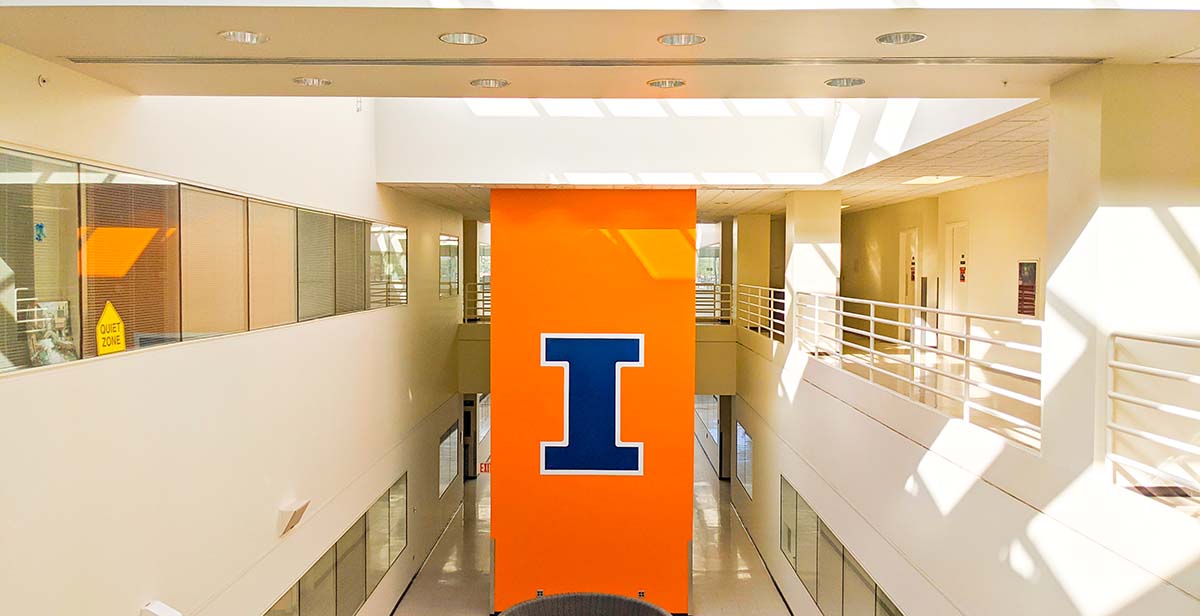Theodore Berlanga worked at an emergency clinic for four years before entering veterinary school. They had been interested in veterinary medicine since middle school and felt drawn to emergency medicine with its environment ripe for “high emotion or high stress.”

During their time at the clinic, Berlanga became the go-to member on staff to help reduce the stress of these situations.
“Recognizing that I had an ability to de-escalate and make this a better experience for people is what really pushed me into applying for veterinary school,” Berlanga said.
But, Berlanga had to take a step back from emergency medicine in their fourth year of working at the clinic, which coincided with the pandemic. This period of extreme stress in veterinary settings, as in much of the world, prompted them to take a mental health break.
Berlanga had to figure out if emergency medicine was sustainable for them. In their final year of veterinary studies, this decision has become clearer: “I’ve really identified that setting as where I thrive.”
After graduation, Berlanga will enter a small animal rotating internship at the Cornell University Hospital for Animals. Half of the internship will be emergency medicine, Berlanga said, so they can continue to explore if this is the right course for them.
Leadership Inside and Outside the Classroom
Berlanga has always had a passion for leadership and teaching. They have found ways to incorporate these roles into their veterinary studies, especially through the College of Veterinary Medicine DEI Committee and through peer education.
“I have oriented a lot of my four years around getting involved with students all four years, not just in terms of engaging with them from a leadership perspective, but also specifically from a teaching perspective as well.”

For example, Berlanga has given leadership workshops tailored for Wildlife Medical Clinic team leaders as well as for attendees of the national VOICE (Veterinarians as One Inclusive Community for Empowerment) conference, hosted at Illinois last January. Their aim is to provide veterinary students with effective communication, team-building, and other skills to help students achieve well-rounded careers as doctors.
Additionally, Berlanga has served as a tutor for veterinary students in their first, second, and third years of vet school. Berlanga also compiled learning materials for the tutoring program on subjects from physiology and neurology to emergency medicine.
“That’s been a blast, and it’s really solidified that I want to go into academia,” Berlanga said.
Berlanga also spent two years on the college’s DEI Committee, which had only recently been established. They helped expand and transform the committee to make it more responsive to veterinary students.
Berlanga recognized that the DEI committee had the potential to be more supportive of students, “so a lot of my work on that committee was making that shift,” they said.
Empowering Others
As they head to Cornell for their internship, Berlanga looks forward to having an impact on the education of the veterinary students there.
“I’m going to engage the students not only in the medical side of the profession, but also the client communication, the team building, and the development of their confidence as clinicians,” they said. “Any opportunity I have to empower a student to step into the doctor mindset, I plan to take it.”
By Megan Krok
Note: In the featured image, Dr. Berlanga is giving the Class Response at the close of the 2025 graduation ceremony for the College of Veterinary Medicine. Members of the class elect a speaker for this honor.




